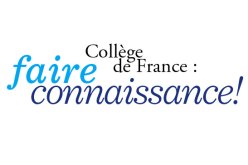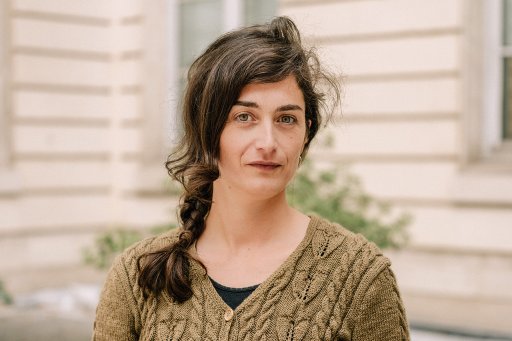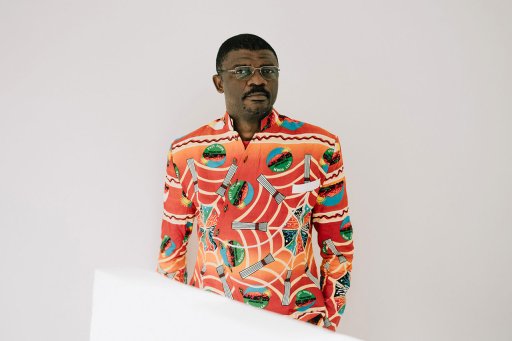As part of the " Faire connaissance... "cycle, organized by the Collège de France and the City of Paris municipal library network, Wajdi Mouawad, visiting professor at the Collège de France's annual Chair for The Invention of Europe through languages and cultures in 2024-2025, will give a lecture entitled " Putting an end to the tragedy " onWednesday 8 October 2025 at 7 pm , in the company of journalist Laure Adler.
The lecture will take place at the Marguerite Duras media library, 115 rue de Bagnolet, Paris 20th.

Wajdi Mouawad , a child in Lebanon, a teenager in Paris, a young adult in Quebec, now lives in France. A 1991 graduate of Canada's National School of Dramatic Arts, he has adapted and directed contemporary and classical plays, as well as his own texts. Artistic Director of the Théâtre de Quat'Sous in Montreal in 2000, then of the Théâtre français du Centre national des Arts in Ottawa in 2007, he was associate artist at the 63rd Festival d'Avignon, where he created Le Sang des Promesses with Littoral, Incendies, Forêts and Ciels. He then reappropriated the tragedies of Sophocles, including his solo Inflammation du verbe vivre, before creating the Domestique cycle with Seuls , which he performed on tour, Sœurs and Mère. Director of La Colline - théâtre national since 2016, he presents his creations Tous des oiseaux, Notre innocence, Fauves, Mort prématurée d'un chanteur populaire dans la force de l'âge, Littoral and Racine carrée du verbe être. Published in 2012, his second novel Anima has won several awards.
After staging Mozart's L'Enlèvement au sérail and Enesco's Œdipe in 2021, he will soon devote himself to Debussy's Pelléas et Mélisande at the Paris Opéra, and Gluck's Iphigénie en Tauride at the Opéra-Comique, as well as two of his first texts, Journée de noces chez les Cromagnonsand Willy Protagoras enfermé dans les toilettes, at La Colline.
In 2024-2025, he has been invited to occupy The Invention of Europe through languages and cultures Annual Chair at the Collège de France.
Abstract from Mr. Mouawad's lecture :
It takes a long detour to talk about the difficulty of finishing a tragedy or, to turn the question around, to question the tragedy of the verb to finish, whose misfortune is to run aground as its necessity is felt. The tragedy of the verb that is rarely conjugated at the right moment, of the immeasurable difficulty this verb has in coming into being when the time comes to put an end to the devastation, as if, as the end approaches, this verb ceases to exist, melts away, dissolves into the disorder of humanity and its consciousness, as if this verb, in order to be conjugated, requires a surpassing, a sacrifice, a debt to be settled to compensate for the ease of the verb to begin. For we must recognize the imbalance between beginning and ending, an imbalance that the history of blood never ceases to remind us of : if men know how to begin a massacre, they have very rarely found how to end it. It's this inability to put an end to tragedy that makes tragedy a manifestation, a syndrome of error, of downfall, of failure. To end a tragedy is therefore, in a way, to assume defeat, and only once it has been assumed, only once we have the words to tell it, to pass it on, and to make it a watchtower to avoid its repetition, can we begin to look at it as a source of hope and humanity for the future. But the path from massacre to humanity is a frightening one, fraught with pitfalls.
The lectures in the "Faire connaissance..." series, aimed at the general public, reflect the variety of disciplines present at the Collège de France : history, economics, sociology, literature, as well as biology, chemistry, mathematics and the evolutionary sciences are all involved.
With this event, the libraries of the City of Paris are fulfilling their mission to disseminate knowledge and combat misinformation by offering the public opportunities to decode and explore certain areas of knowledge in greater depth. The aim is also to open a window onto the world of research and how it works, and to bring Parisians closer to an exceptional institution, the Collège de France, which has been at the heart of the city's intellectual and scientific life for five centuries.











